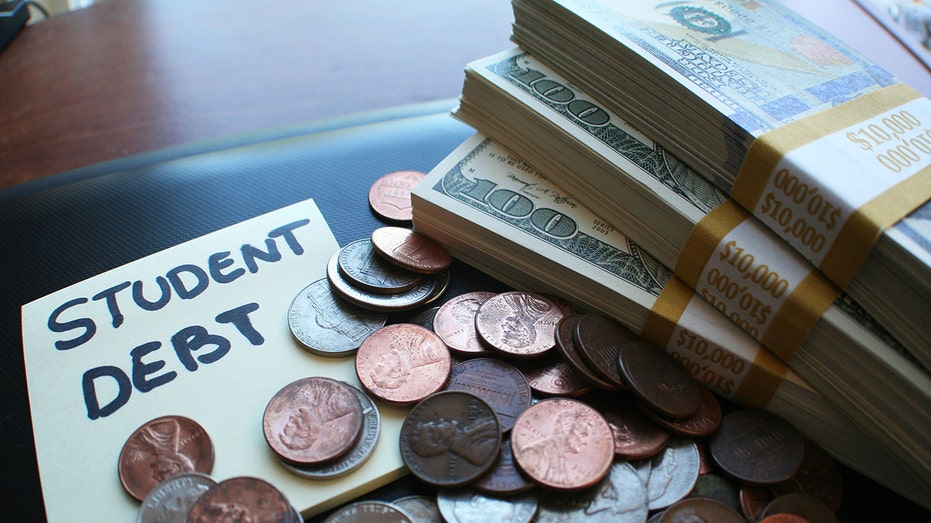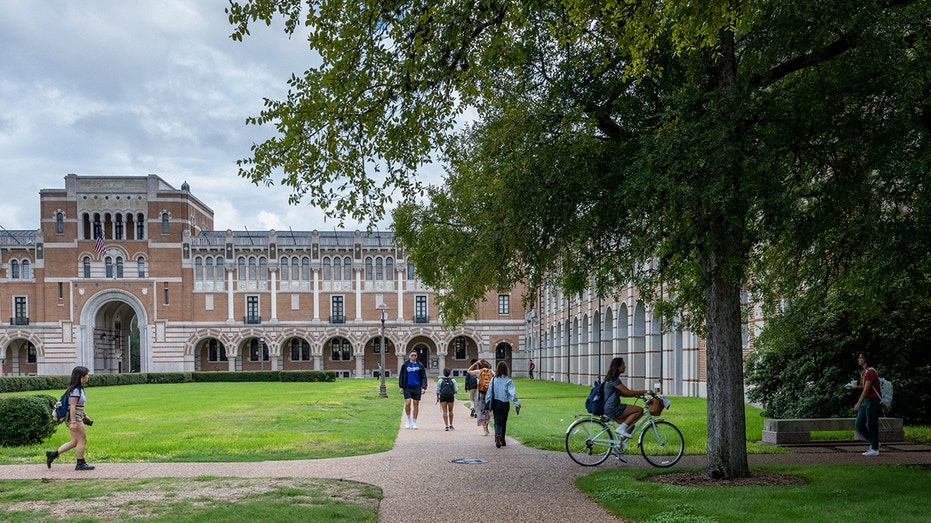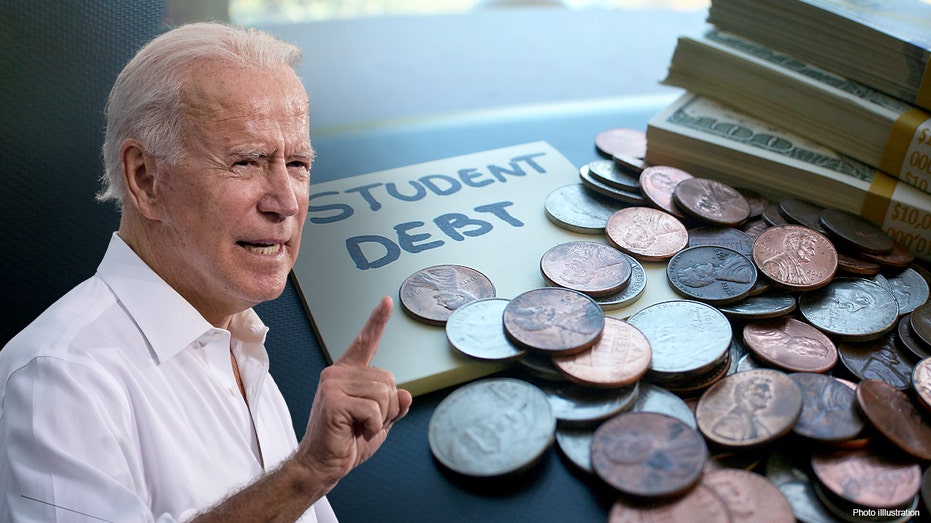Because the U.S. Supreme Court has tossed out President Joe Biden’s student loan forgiveness after more than three years, people with outstanding loans will have to start paying those loans back — with interest this month.
Interest starts in September and payments will begin again in October.
Money pros weighed in on how to ease the sticker shock — and how to handle student loan reinstatement using organizational skills, spending strategies and payback implementation.
STUDENT LOAN PAYMENTS ARE DUE AGAIN: WHAT BORROWERS NEED TO KNOW
Here’s how to tackle the reinstatement.
Get organized
Some people who will begin to pay back their student loans this fall may find the prospect of repayment overwhelming.
That’s potentially because they’re looking at the total loan, the interest involved and the years it will take to repay it, said Michael Liersch, head of advice and planning at Wells Fargo in New York
Instead, he suggested creating “bite-sized” action steps — and start by focusing on the first repayment.
Here are some action steps to take to begin your payback plan, according to Leirsch.
- Determine what your minimum payment is (contact your provider).
- Find out when the first payment due is (the date).
- Determine where you’re going to get the money from (from which account).
MORE STUDENTS TURNING TO FEDERAL AND PRIVATE STUDENT LOANS TO FINANCE COLLEGE: SURVEY
“Then, after you do that, start looking at other strategies that may help you repay in a more effective and efficient way,” Liersch told FOX Business.
“The key, though, is to get started. If you go into default, you may limit your options.”
In addition, it’s prudent to make your payments automatic, said Liersch.
“Schedule your student loan payments as automated payments from your bank account,” he added.
Aim for long-term goals
For those experiencing changes in their budget from the reinstatement of student loans, the time is ideal to revisit your financial plans and establish healthy financial habits.
“Start by taking an account of your existing cash flow and outputs, then create a budget and stick to it,” said Tiana Patillo, CFP, financial advisor manager with Vanguard, who is based in Malvern, Pennsylvania.

While the student debt might be top of mind, it’s important to still view paydown in the context of your wider financial picture, she said.
“Aim to pay down high interest debt such as credit card debt first,” Patillo said.
MANY STUDENT LOAN BORROWERS UNSURE HOW THEY’LL RESTART PAYMENTS AFTER PAUSE ENDS, SURVEY SAYS
“If you can’t afford to pay off everything, be sure to at least make the minimum monthly payments on all debt to reduce costs over time and improve your credit score,” she noted.
Prioritize an emergency fund
Once you’ve paid off all high-interest debt, you’ll want to continue to pay off student debt while building up an emergency fund of three to six months, said Patillo.
“This fund will help you pay your bills — student debt or otherwise — even if something unexpected happens,” she continued.
“Again, you want to do everything you can to preserve your credit score and stay out of the type of high-interest debt that can put you into a cycle. Having these core healthy habits can help borrowers stay on top of payments.”
Explore other options
Additionally, there may be some relief if there are leftover funds in a 529 account of an immediate family member, she said.

“The passing of the SECURE Act enabled plan holders to withdraw up to $10,000 tax-free (though state taxes may apply) toward student debt,” Patillo told FOX Business.
“Plan holders can do so with their own debt, or the debt of their children, grandchildren, and even spouses,” she said.
PERSONAL FINANCE: HOW TO SAVE $100 THIS WEEK
“So, if there’s a recent graduate who no longer needs the assistance, or if education goals have recently shifted, now might be a good time to tap a portion of these unused funds.”
There is a caveat, however.
“I encourage you to check in with both your plan administrator and a tax professional to understand your options and tax responsibilities,” said Patillo.
What can students do to stay on the best money track?
Beyond borrowers and their payback strategies, the fall also is a time when new and returning college students are shaping their educational and financial futures.
Are there expenses you can cut? Can you take on a supplemental job during holidays, the summer or the school year?
To be better prepared for budgeting and loan payback, here are some tips for setting a sound financial foundation.
Do a reality check. Be honest with yourself about your potential income out of college, compared to your expected minimum payment, said Liersch with Wells Fargo.
“If you feel that based on your income, your minimum payment will not be affordable, even under an income-driven repayment plan, it’s important to consider alternatives to student loans,” he said.

Contemplate the following, he suggested:
- Are there expenses you can cut?
- Can you take on a supplemental job during holidays, the summer or the school year?
- Is there a way to graduate early?
- Can you transfer to a less expensive school?
These are all prudent questions to consider while still a student, he suggested.
Create a savings strategy with a long-term focus. Saving is about making better use of what you have now — while investing is about creating more value out of what you have now for the future, said Gargi Chaudhuri, head of iShares investment strategy, Americas at BlackRock in New York.
“Maximizing savings is crucial to meeting immediate financial needs,” she said.
“But we cannot discount the role of investing in achieving one’s medium- and longer-term financial goals, such as repaying student loans or buying a home.”
“Factors such as inflation and unexpected expenses could derail one’s savings plan and investing could serve as a way to future-proof the money you have by bringing more value to it,” she also said.
Read the full article here









